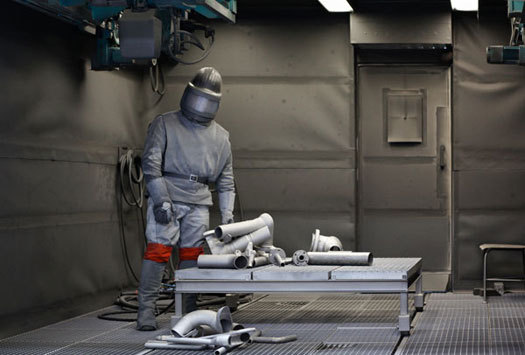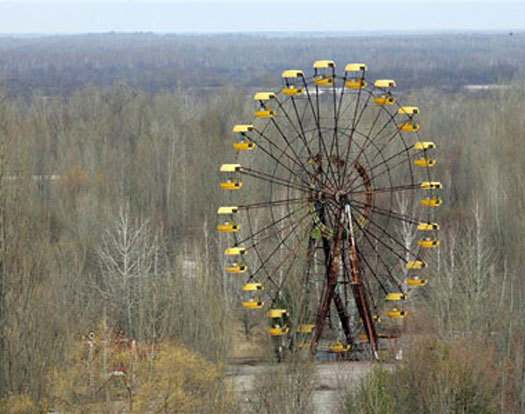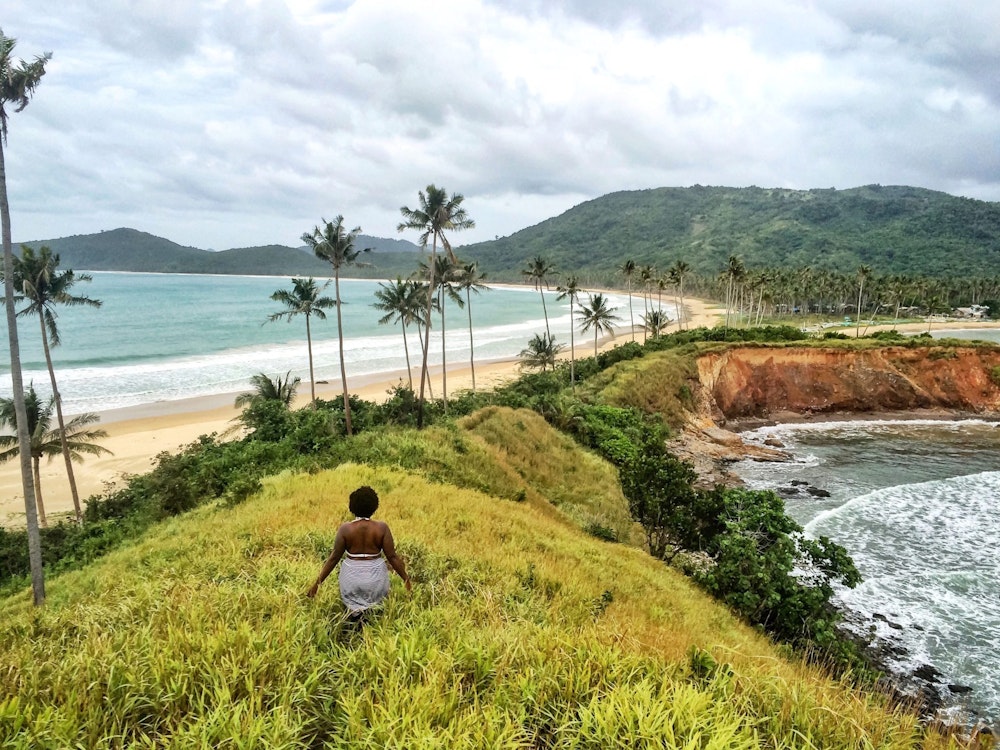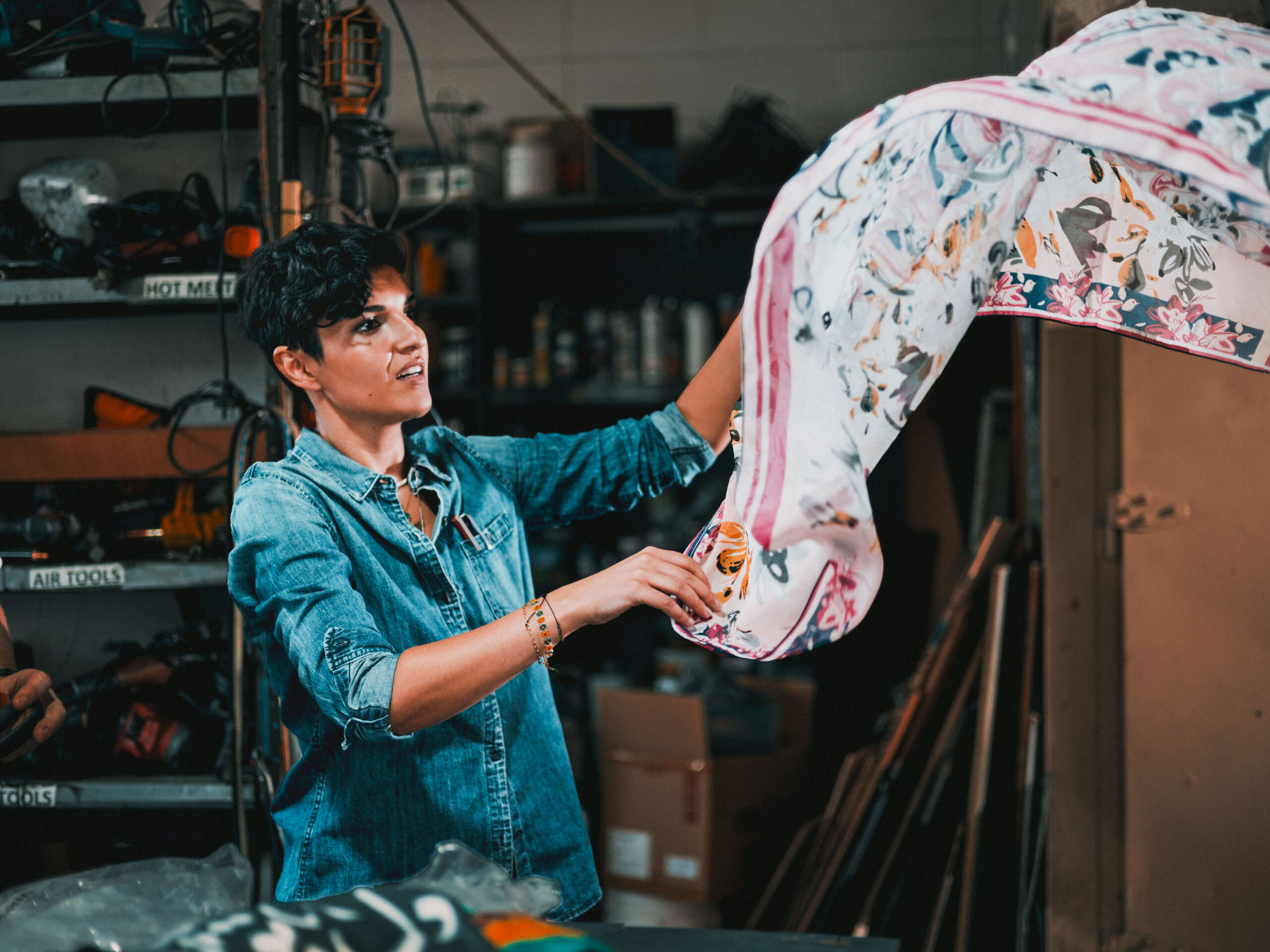
March 30, 2011
Utopia is Here

Ridley Scott’s film Blade Runner, made in 1982, portrays a dystopian Los Angeles as it might be in 2019. In just eight years from now we are due to discover and find out whether or not the film was an accurate prediction.
Do we have to wait that long? Many urban sites today already are at least as disturbing as those in the film.
Volker Sattel’s film about nuclear power (above), to be previewed in Berlin on 6 April, is filled with disturbing shots of a future gone wrong — only his images are not fiction.
Neither is this shot below from “The Zone of Alienation” — the exclusion area around Chernobyl. An area the size of Switzerland, it will be uninhabitable for the next 300 years.

When Sweden lifted its ban on nuclear power in 2009, Centre Party leader Maud Olofsson said she was doing it “for the sake of my children and grandchildren.”
In Fukushima, today, here is the terrified grandchild of a nuclear family that was promised a utopian energy future once before:

For that little girl, and her family, the uncertainty of her future will be as much a burden as the sure knowledge that she will become ill. Nobody can know.
What we do know is that energy is never free. We just act is if it were.

Unter Kontrolle [Under Control] will be previewed at Haus der Kulturen der Welt on 6 April.
Observed
View all
Observed
By John Thackara
Related Posts

Business
Courtney L. McCluney, PhD|Essays
Rest as reparations: reimagining how we invest in Black women entrepreneurs

Design Impact
Seher Anand|Essays
Food branding without borders: chai, culture, and the politics of packaging

Graphic Design
Sarah Gephart|Essays
A new alphabet for a shared lived experience

Arts + Culture
Nila Rezaei|Essays
“Dear mother, I made us a seat”: a Mother’s Day tribute to the women of Iran
Recent Posts
Minefields and maternity leave: why I fight a system that shuts out women and caregivers Candace Parker & Michael C. Bush on Purpose, Leadership and Meeting the MomentCourtney L. McCluney, PhD|Essays
Rest as reparations: reimagining how we invest in Black women entrepreneurs Food branding without borders: chai, culture, and the politics of packagingRelated Posts

Business
Courtney L. McCluney, PhD|Essays
Rest as reparations: reimagining how we invest in Black women entrepreneurs

Design Impact
Seher Anand|Essays
Food branding without borders: chai, culture, and the politics of packaging

Graphic Design
Sarah Gephart|Essays
A new alphabet for a shared lived experience

Arts + Culture
Nila Rezaei|Essays
